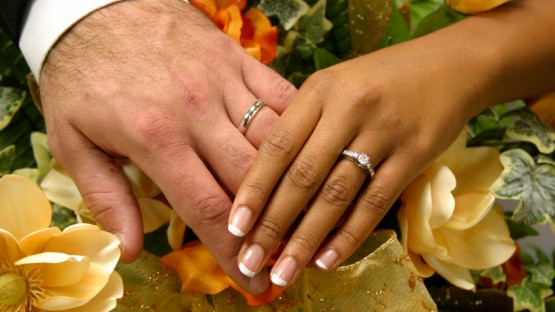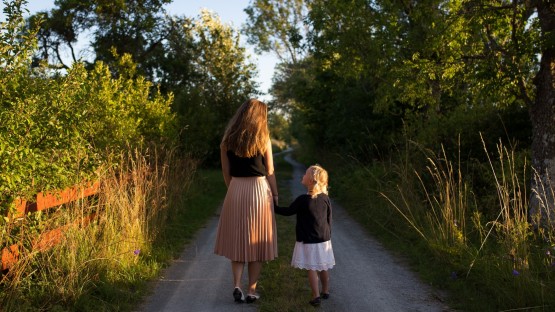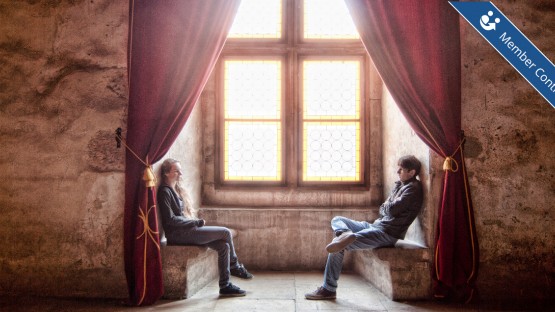
Moving abroad with your family?
LGBT Expats and Their Partners

While expat wives, professional expat women, and even male trailing spouses can be spotted in expat communities everywhere, Lesbian, Gay, Bisexual and Transgender (LGBT) expats and their partners often fly under the radar. Due to the different attitudes towards LGBT people around the globe, you may rarely come across expats who practice their sexual preferences openly. Many homosexual expats are more than discreet about their private lives to protect themselves. However, this also makes it hard for other gays or lesbians to get in touch with them.
Today, gay people are more or less accepted and enjoy equal immigration rights and the right to get married or adopt children in many countries. Other nations, however, are hostile towards homosexuals and transgendered people. ILGA, the international lesbian, gay, bisexual, trans- and intersexual association, has more information on the legal situation of LGBT communities worldwide.
Finding an LGBT Community Abroad
Henning (42) and Finn (49) experienced quite a change in attitude towards their relationship. They had left Gothenburg to move to Marrakesh where Henning’s logistics company had sent him on a three-year assignment.
“We have been together for almost ten years. In Gothenburg, our relationship was never much of an issue. But if we showed our love here, we could end up in prison for several years,” Finn explains. Hence, Henning and Finn have decided not to display their affection in public. Instead, they pass as nothing but roommates and friends.
“In Morocco, we don’t have an openly gay community to turn to. But still, it is not impossible to get in touch with other gay people around here,” Henning says. He knows that there are LGBT expats who have it worse. “We have friends who moved to Dubai and had no idea where to look for a queer community. They were told to discreetly ask the male flight attendants on their way to the UAE for directions to gay bars. That was their only information.”
Legal Issues for LGBT Expats
Besides discrimination in their everyday lives, most LGBT expats face difficulties when applying for a spousal visa or a residence permit. “Due to the legal situation in Morocco, I could not act as Finn’s sponsor or have him apply for a spousal visa,” Henning remembers. “Luckily, my company offered a lot of support. They hired Finn as an accountant, so he could join me here.”
Not all employers are that supportive. Most LGBT expats have to find a loophole and pull some strings to take their partners with them. As most countries do not recognize civil unions or same-sex marriages, LGBT expats cannot take the same routes as other couples. Instead, LGBT expat partners have to qualify for a visa independently. “It is not impossible,” Finn says. “But it is certainly a lot more difficult for queer folks.”
A Word of Advice
In some countries, governments actively rally against LGBT people, making for a hostile and even dangerous atmosphere. Recently, Russia has passed a law banning “the propaganda of non-traditional sexual relationships”, which mostly target homosexuals and transgendered people. The new law is enforced aggressively and those who break it face a hefty fine. On top of that, foreigners are punished with 15 days of prison and deportation.
Other countries are planning to pass similar laws and some are well-known for their brutality when dealing with LGBT people. This is why it is important for you to do some research beforehand and, if necessary, keep a low profile. Although retreating back into the so-called closet might not be your first choice, it might be a way to keep you safe.


























